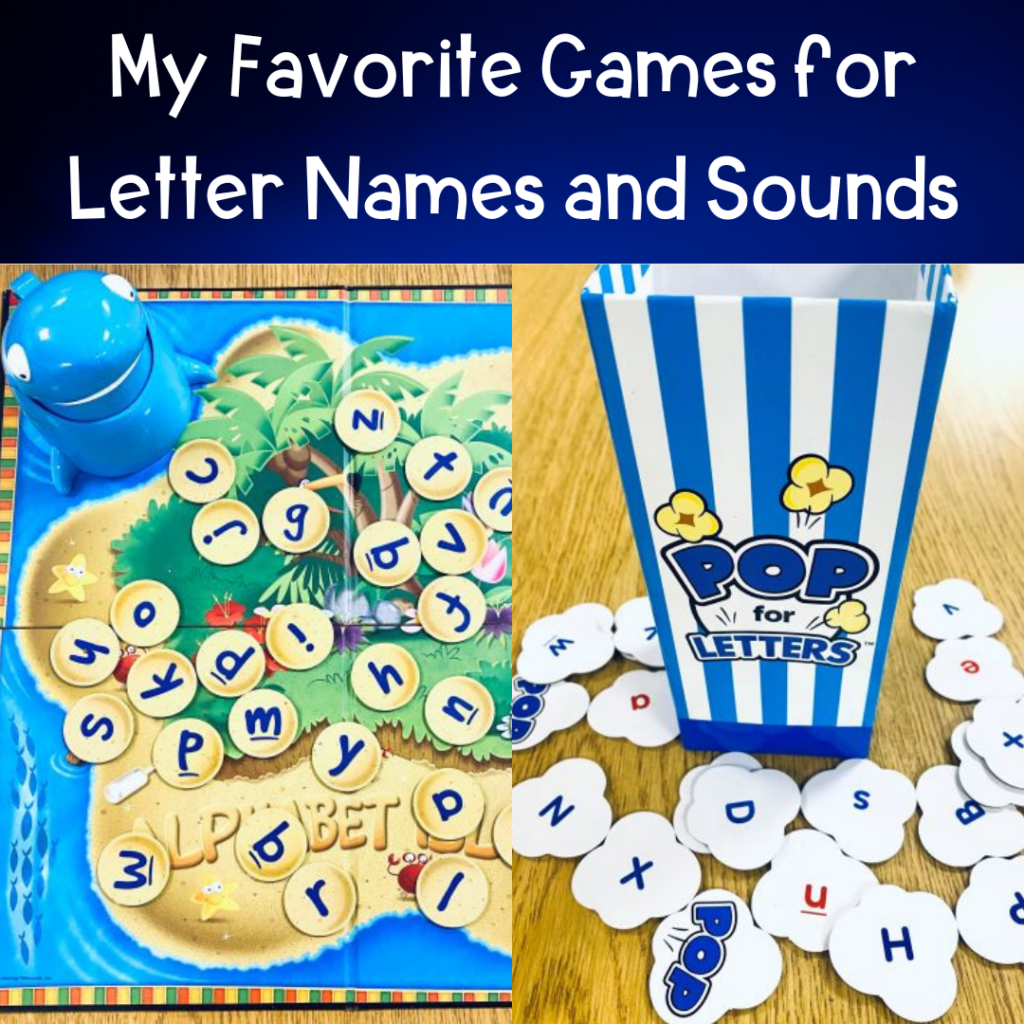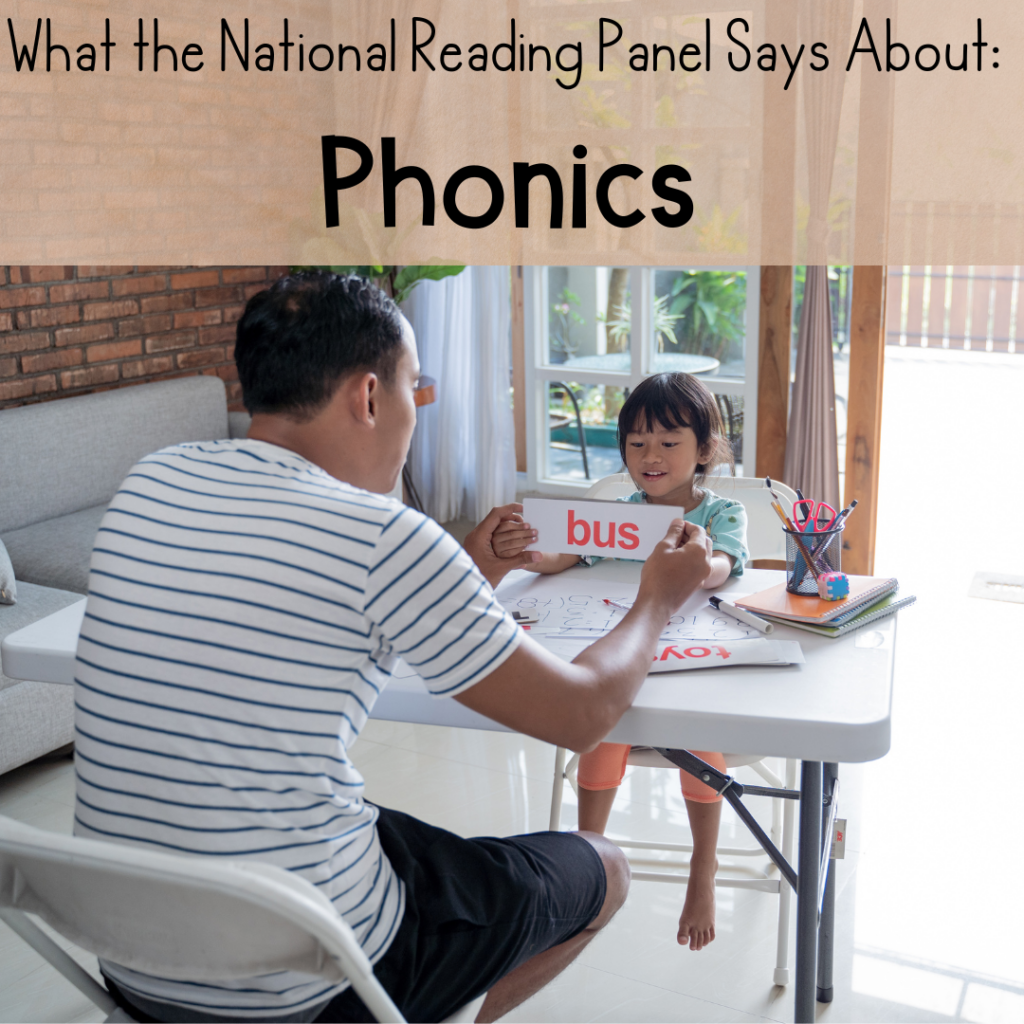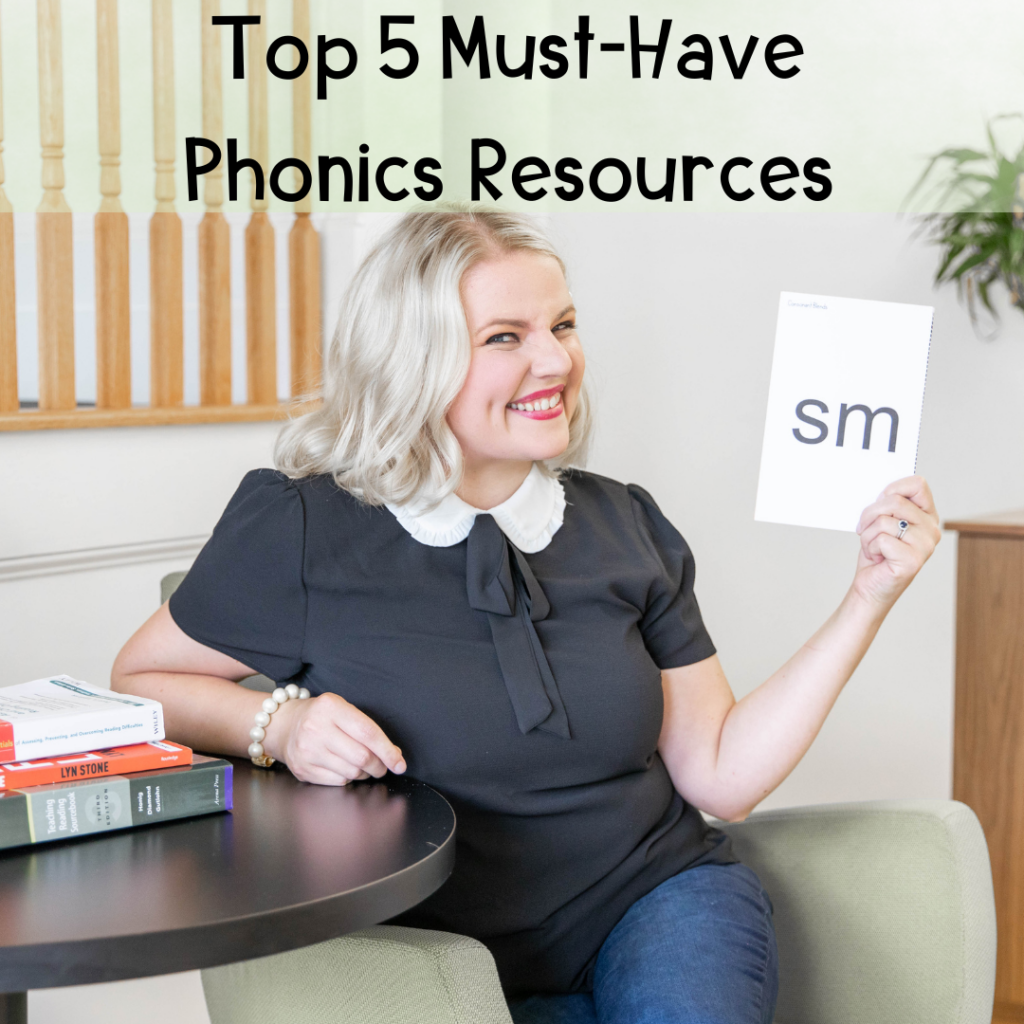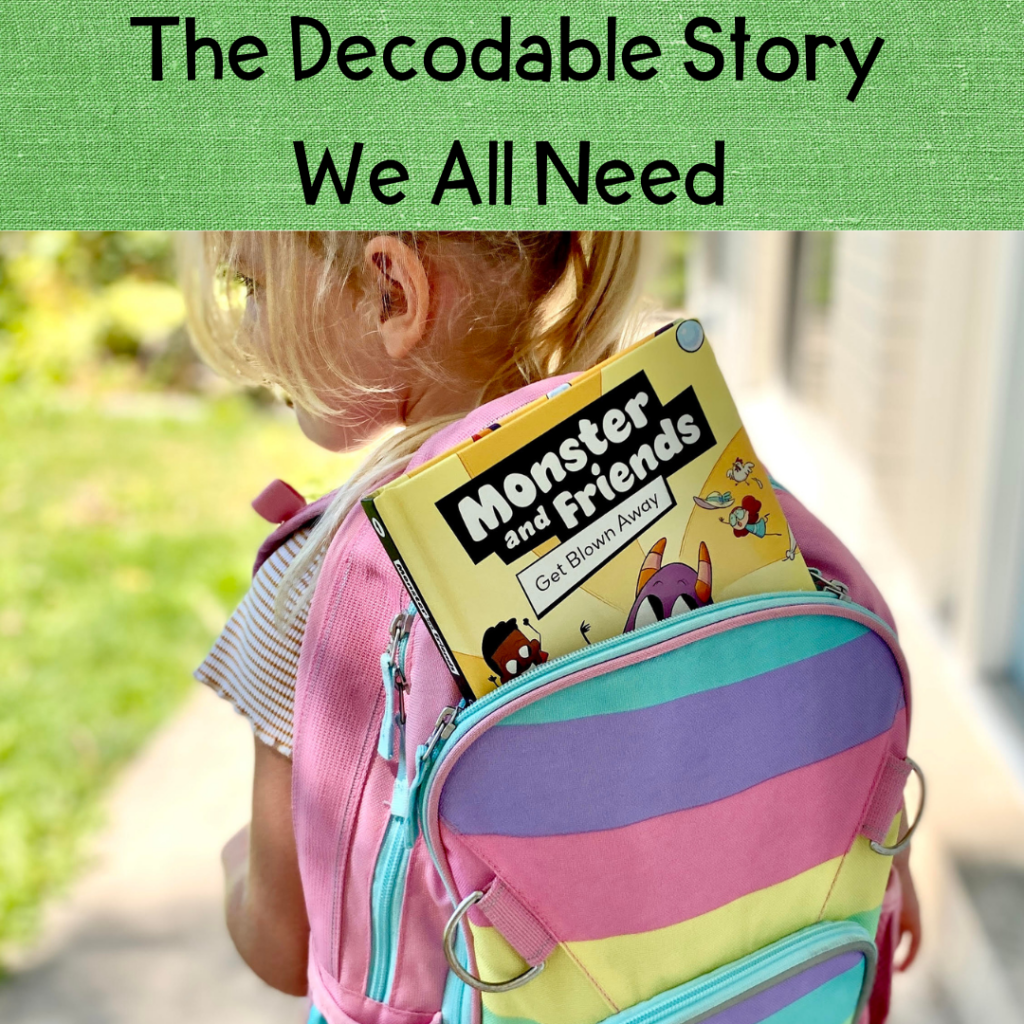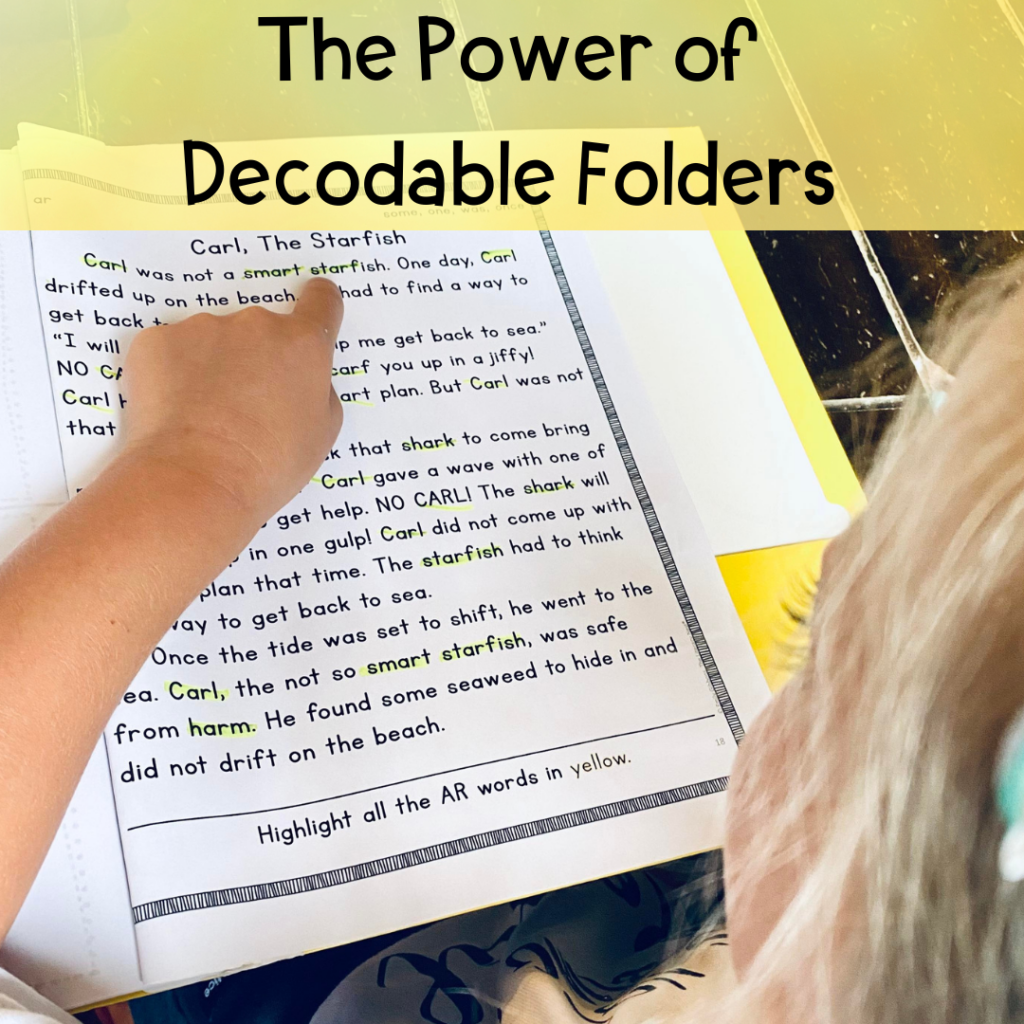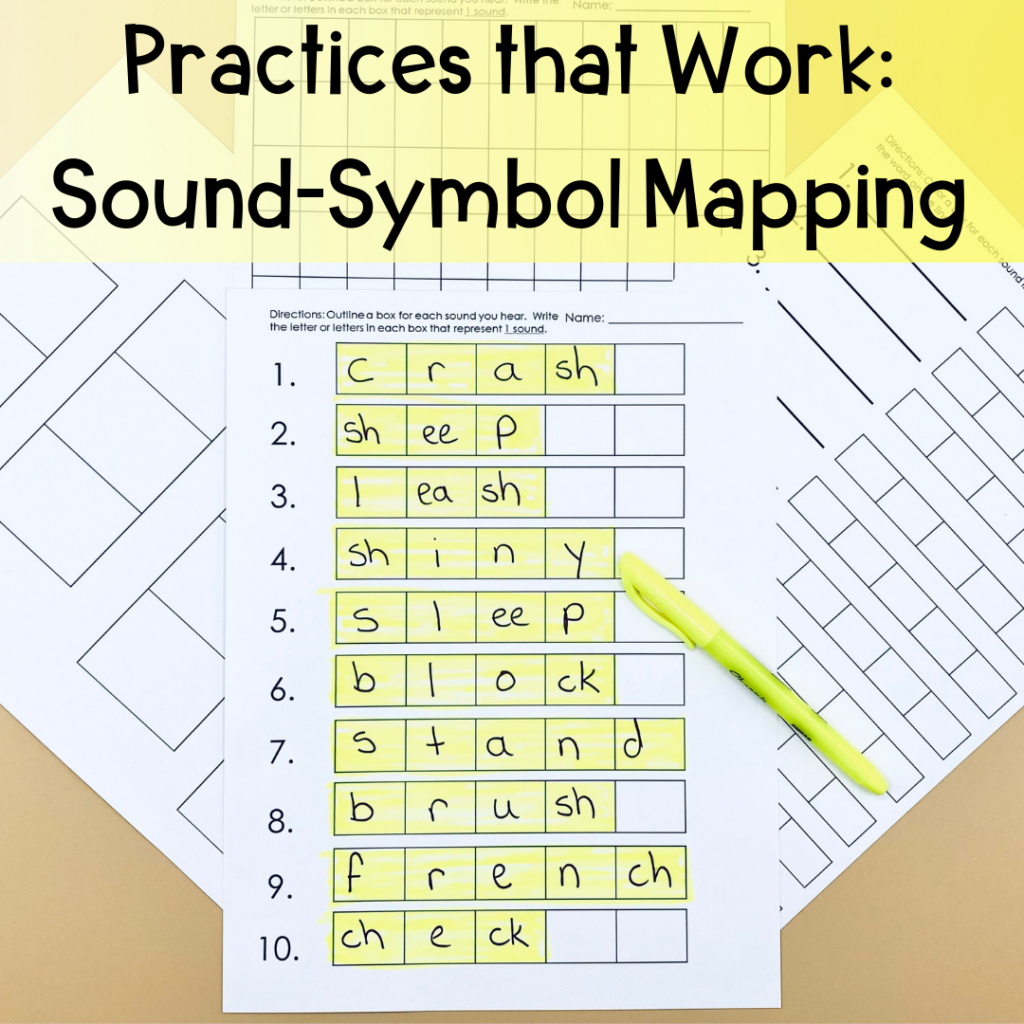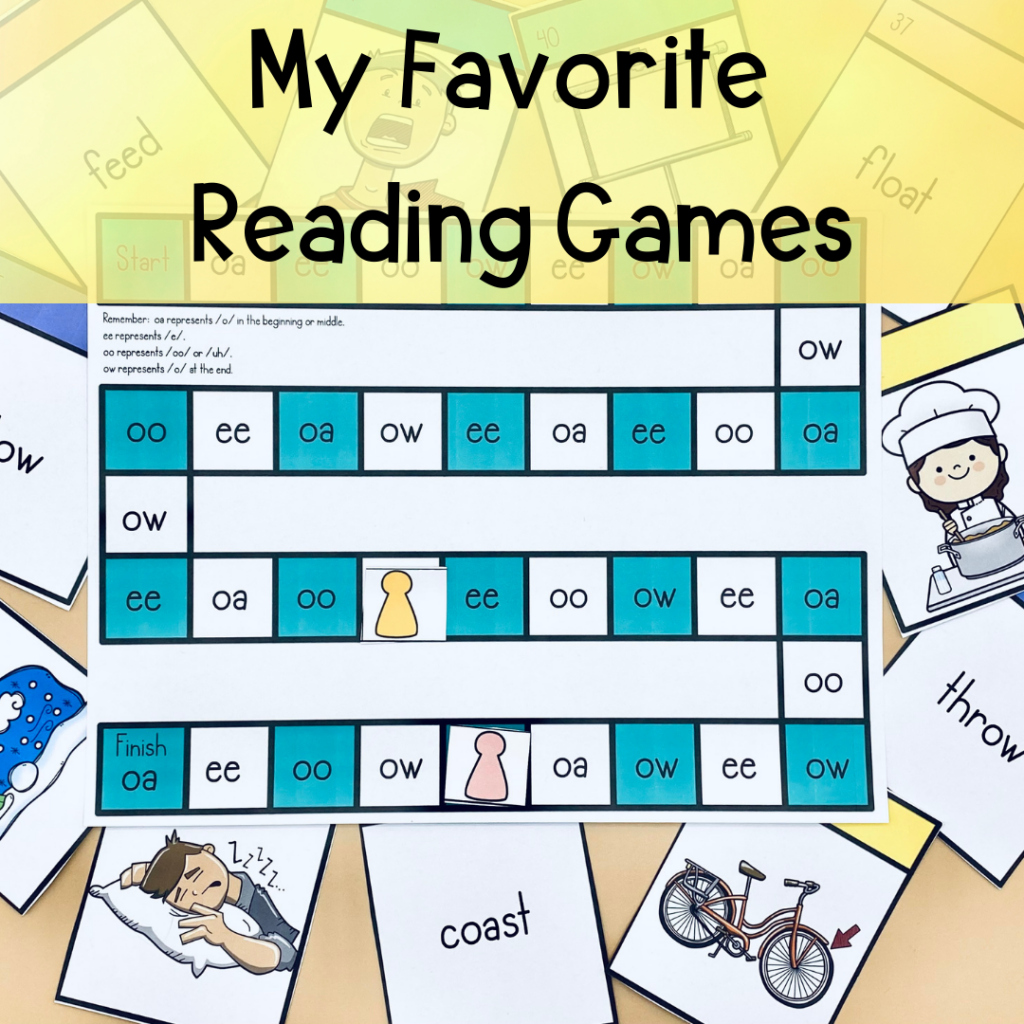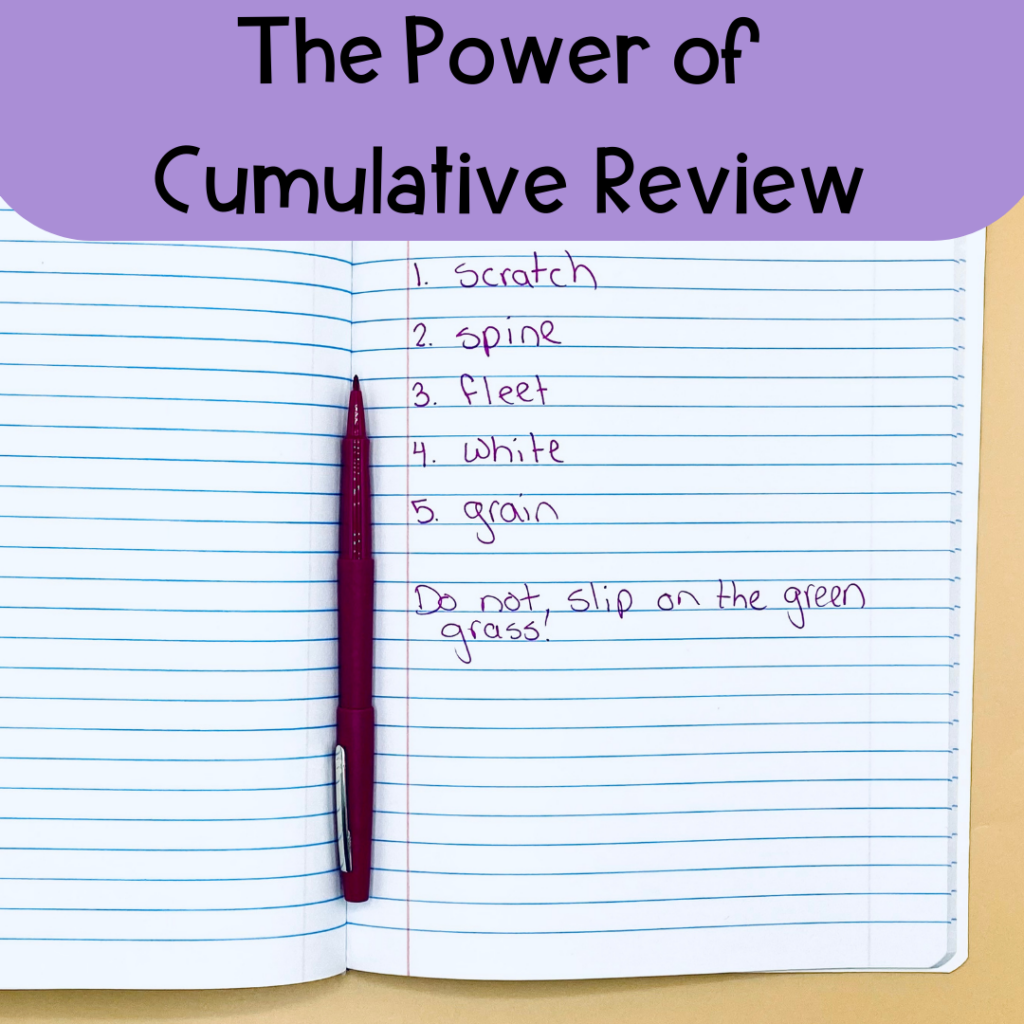
- Phonics
nbsp nbsp nbsp nbsp nbsp nbsp nbsp nbsp nbsp nbsp nbsp nbsp nbsp nbsp I have to be honest nbsp I am a full on history nerd nbsp As an undergrad I was a religious studies and history major nbsp I always knew I would end up a teacher but I was 19 and loved learning about history nbsp Perhaps

